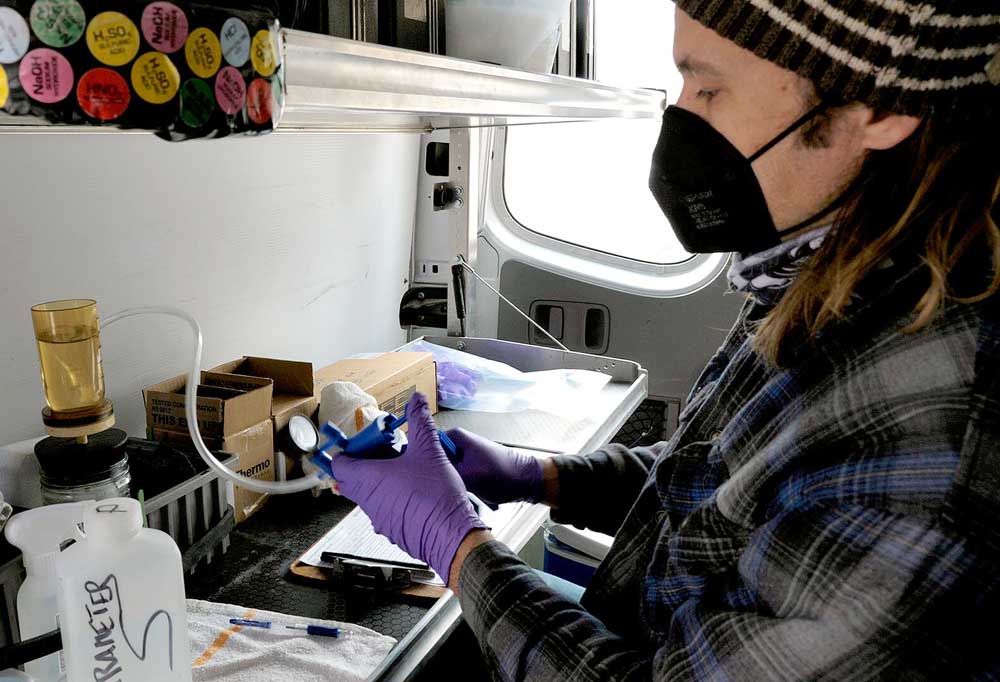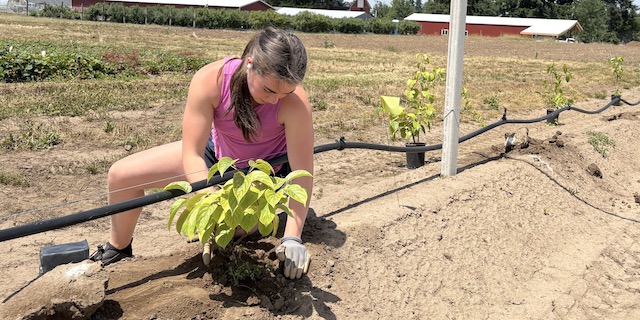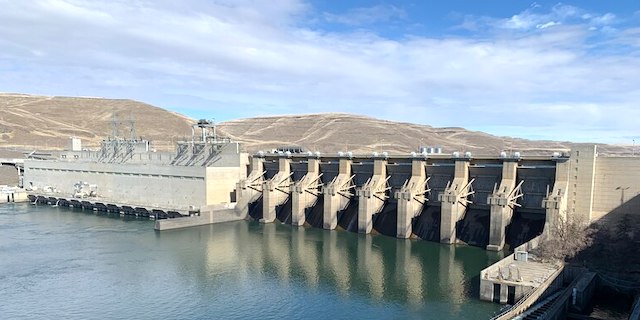Oregon DEQ to test groundwater wells in southern Deschutes County
Published 2:45 pm Monday, November 28, 2022

- Adam Thompson, a member of the Oregon Department of Environmental Quality mobile laboratory staff, testing a water sample in Klamath Falls.
BEND, Ore. — Property owners in a rural area of Central Oregon may have their wells tested for free as part of a broader effort to survey groundwater quality statewide.
The state Department of Environmental Quality will test 60-100 wells in southern Deschutes County for nitrate, bacteria, arsenic, pesticides and other contaminants. Testing will take place in the spring and fall of 2023 around the communities of Sunriver and La Pine, south of Bend.
Laura Gleim, DEQ spokeswoman, said the area has porous, volcanic soil and shallow groundwater aquifers, increasing the potential for groundwater contamination.
Wells here have registered elevated levels of nitrate, according to past research by DEQ and the U.S. Geological Survey. Nitrate is a colorless, odorless and tasteless compound that can cause serious health problems if consumed in excess.
A 2007 study by the agencies identified failing septic systems as the primary source of nitrate pollution in the area.
The federal safe drinking water limit for nitrate is 10 milligrams per liter. If wells exceed 70% of the safe drinking water limit, state officials can declare what is known as a Groundwater Management Area, requiring an action plan to reduce contamination.
Oregon currently has three Groundwater Management Areas in the Lower Umatilla Basin, southern Willamette Valley and northern Malheur County.
Earlier this year, Morrow County — located within the Lower Umatilla Basin Groundwater Management Area — declared a local state of emergency over elevated groundwater nitrates.
Most contamination in that area comes from past and present agricultural practices, such as spraying nitrogen-based fertilizers, recycling manure from dairy cows to grow crops and the use of water from food processors.
Drinking nitrates can contribute to several health problems in adults, including respiratory infections, thyroid dysfunction, some cancers and miscarriages for pregnant women. Infants may also suffer from methemoglobinemia, or “blue baby syndrome,” where not enough oxygen enters their blood.
The Oregon Health Authority recommends people test well water regularly to protect their health. Property owners are responsible for maintaining and monitoring their private wells. Testing is only required by the state if a property is being sold.
Southern Deschutes County is the seventh area to be included by DEQ in its Statewide Groundwater Quality Monitoring Program. Reports of groundwater quality have already been issued for the Mid-Rogue Basin, Walla Walla Basin, North Coast and Harney County.
Interested well users can contact DEQ at groundwater.monitoring@deq.oregon.gov or 503-693-5736 to be considered for the study.






